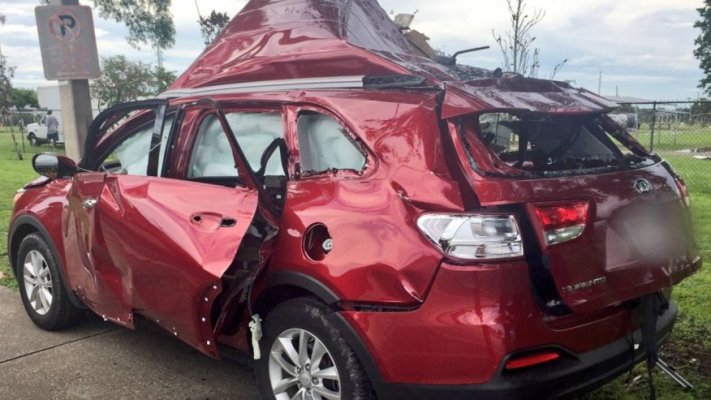Hi everyone,
My new-old boat has a Webasto HL32D heater... the unit doesn't want to fire up. Talked with many and even found the professional that had originally installed it, today retired. He was very nice but adamant saying these units are too old and maybe better to upgrade it. Parts for this Webasto model are expensive and difficult to get.... not good.
And I need heating while I am away...
I am leaning to replace with a propane heater.
My boating is coastal, very local, weekender to a few days.
Open to suggestions.
My new-old boat has a Webasto HL32D heater... the unit doesn't want to fire up. Talked with many and even found the professional that had originally installed it, today retired. He was very nice but adamant saying these units are too old and maybe better to upgrade it. Parts for this Webasto model are expensive and difficult to get.... not good.
And I need heating while I am away...
I am leaning to replace with a propane heater.
My boating is coastal, very local, weekender to a few days.
Open to suggestions.




